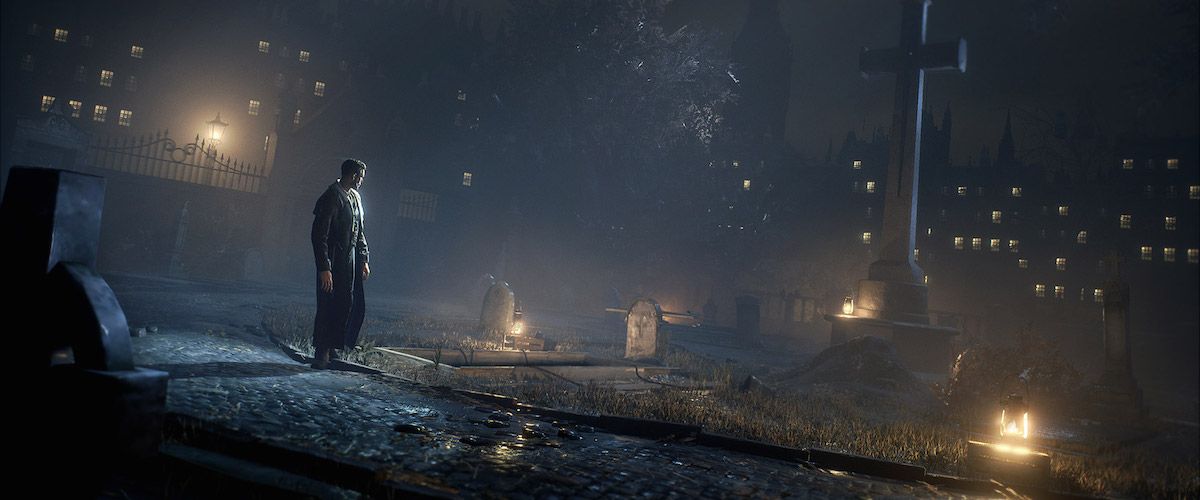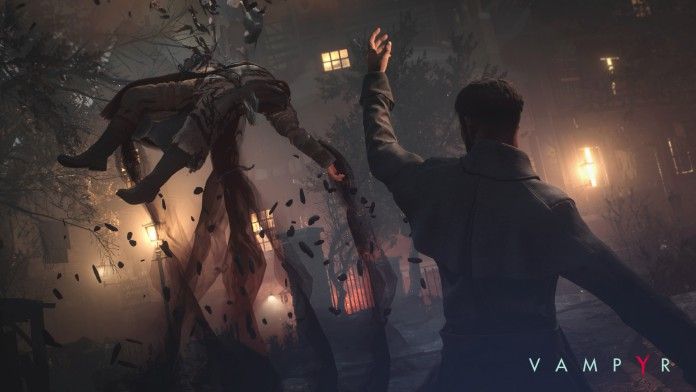As it is with everyday life, the repercussions and results that play out are often decided upon by those split-second decisions. Whether it’s as binary as a 50:50 split or is perhaps a bit more complex than that, things are never usually black and white but rather an enormous swathe of morally-ambiguous grey that could well reflect one way in theory, but could likely play out in completely different circumstances. What’s best for you could in fact spell disastrous for somebody else. While the worries of personal repercussion are more restricted in the realm of video games, choice-based gameplay — narratively or otherwise — has always been about taking everything into consideration.
Some games pull this off better than others — some in fact, like Fallout, don’t necessarily anchor dialogue to strict pathless, instead simply letting the player decide what sort of role they want to partake in — and that’s usually down to how well they manage to integrate everything that’s going on, with the player’s own role in the world they’re partaking in. Dontnod succeeded in this with 2015’s Life is Strange and are looking to expand upon that winning formula with Vampyr, a more action RPG-fronted affair that still demands its players think twice, maybe thrice, about the actions they’re about to undertake. A game that aims to weave the perils of 1918 London’s current health and supernatural predicament in with the player’s own trek through the many dark, dank but curious districts of the city.
But with a game this heavily dense with character and backstory and opportunity to swing one way or the other — to be a true pacifist willing to keep one’s [literal] blood-lust at bay or give in and feed upon every unknowing victim there is — the crucial thing is how Vampyr translates this purely into pure mechanical means. In regards to the actual RPG elements — of combat, leveling up, the usual forte — this is again another dilemma Dontnod immediately ask the player at nearly every turn. Theoretically you can go the entire campaign without killing anyone, and thus never level up or acquire any new vampiric skills, but as the developers note, the journey will be much harder. With both vampire hunters, referred to as the Guard of Priwen, as well as mutated vampires dubbed Skals running rampant — themselves caught in their own little squabbles which you can dynamically run into and get caught in yourself if you’re not careful — keeping one’s self to the shadows without coming off too conspicuous, is easier said than done.
Vampyr fortunately does offer plenty of opportunity to weave in and out of the city, with building interiors to explore and alleyways to escape into should you step a little too close to a hunter or two. It's during these happy little accidents of discovery that gives players the chance to learn more of their environment. Even do a little detective work on the side, which will reel back into drawing up a character bio for each and every one of the civilians you can interact with over the course of the game. Inevitably deciding who perhaps might inherently be bad per se. On this case, an easy fix of XP. But it's not just backstory and crucial mission details that determine how you approach these decisions. The fact you have to consider a person's health, even blood quality -- fitting as it is, feeding back into protagonist Reid's occupation as a doctor -- adds another layer of planning to consider when you, eventually, have to decide whether to spare or feed on a person's blood.
XP especially -- particularly the amount you get from feeding -- will differ depending on these attributes and where one individual may start off completely healthy, if left too long, could end up falling ill due to their own personal traits or through the omnipresent epidemic that is the Spanish Flu. And considering abilities and perks too are unlocked via accumulated XP rather than through points or at a given character level means that there will always be a level of arithmetic taking place -- deciding when best to act, let alone if such an act should even take place. Experience in the case of Vampyr, is stored rather than simply carried through to a subsequent future level so it's up to the player whether they want to spend the XP they've gained on some new abilities -- which may get them out of a future tricky situation -- or not.
For a team that managed to pull players in previous with an engaging story and actions that would have clear repercussions, Dontnod it would seem have more than enough to prove once again they're helping to reshape the foundation of decision-led, action-adventure entrants. The fact we haven't even touched any details pertaining to the main story or the game's combat should suggest that the many factors dictating one's decisions in Vampyr could be a problematic but interesting system the developers have managed to implement and one the game has already left a curious first impression on. Nothing is black and white in this rather dark, supernatural rendition of early 20th century London and thus it's likely that this troublesome field of moral grey could be Vampyr's biggest challenge as much as its greatest asset.



